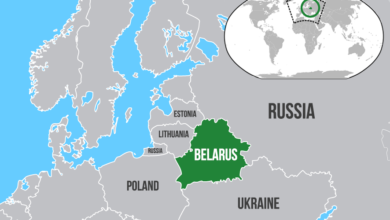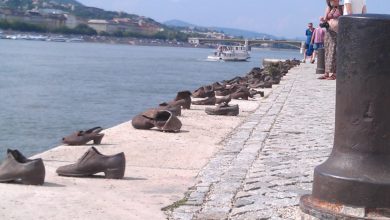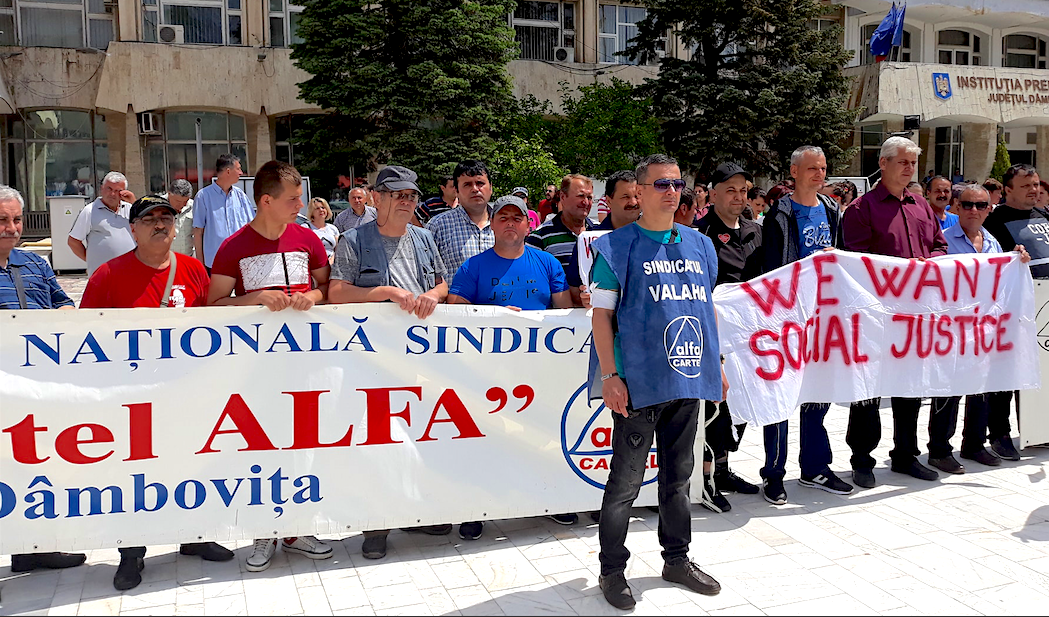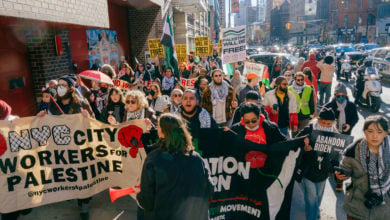The writer filed this report to PSLweb.org after returning from Greece.
Wildfires are not new to Greece.
But this year 120 major wildfires burned the country, compared with just 52 in of 2006. Arson, exacerbated by hot, dry
|
Over 40 fires have burned in Greece with 63 people confirmed dead since Aug. 24 alone. The government has failed to release the number of missing persons, claiming they do not want to cause panic. Despite yearly fires, the infrastructure does not exist to create buffer zones or other fire prevention measures.
In the past week, fires have raged from Evia island north of Athens to the Peloponnese in the south.
The economy of the olive-producing Peloponnese region will be the most affected for some time to come. Environmental experts say that shrub land will take up to five years and forests up to 40 years to return to their original state.
The government has called for national unity, while saying nothing about the lack of fire prevention or assistance to evacuees. As national elections approach on Sept. 16, much of the population is angered by the lack of any significant response from mainstream politicians.
Most deaths could have been prevented if there had been a centralized evacuation plan. Many villagers got trapped on small roads trying to escape the fire. Others stayed in their houses not knowing where to go if they left.
The Greek newspaper Kathimerini said the cost of damages will exceed 3 billion euros (nearly 4.1 billion USD), or 0.6 percent of the country’s GDP. It noted that 270,000 hectares (1,042.5 square miles) and 4,500 homes had been burned by fires this summer.
On Aug. 29, fire victims who lost their homes lined up at banks to receive a petty 3,000 euros (4,094 USD) in government compensation, while others were turned away as banks ran out of cash.
The disaster has caused the loss of goods, jobs and work for some 45,000 people. The population in the burned areas was made up mainly of small farmers. Their homes and livelihood are now gone.
The practices that allowed the fires to ravage so much land did not arise naturally. The government has passed and endorsed anti-forest laws for years. It has commercialized forested areas and drained funds from the country’s fire fighting infrastructure and forest protection apparatus.
In 2001 Panhellenic Socialist Movement (PASOK), a non-revolutionary, social democratic party, amended Article 24 of the Greek constitution. This article protected the country’s natural resources and environment. In 2003, the PASOK passed a new executive law applying the move specifically to forests.
The scientific community dubbed the 2003 law the “forest-killing” law. The measure defines as forest an area “that is covered at a percentage of 25% or greater by any forestry species.”
A previous 1979 law said that the number should be only 15 percent. This 10 percent difference led to 12.5 million acres of forest being recharacterized as non-forest in a relatively small country. Greece is one-third the size of California in land area.
The country’s new parliament likely will amend Article 24 further to declassify additional forest area. These legal maneuvers are gifts to big capitalist land developers and their allies.
Only one out 11 forests are replanted after being burned, leaving whole mountainsides and prime coastal real estate open to developers.
The Communist Party of Greece (KKE) said that the road to the present infernos were opened by a policy that commercialized land and forests, rewarded land grabbers, undermined prevention and created huge deficits in equipment, infrastructure and facilities for fire-fighting and forest protection services.
“We are faced with an organized plan, whether this existed beforehand or arose on the way,” KKE General Secretary Aleka Papariga told the press on Aug. 27. The profits from arsons primarily benefited large economic interests whose “appetite is opened by land commercialization and privatization,” she added.







